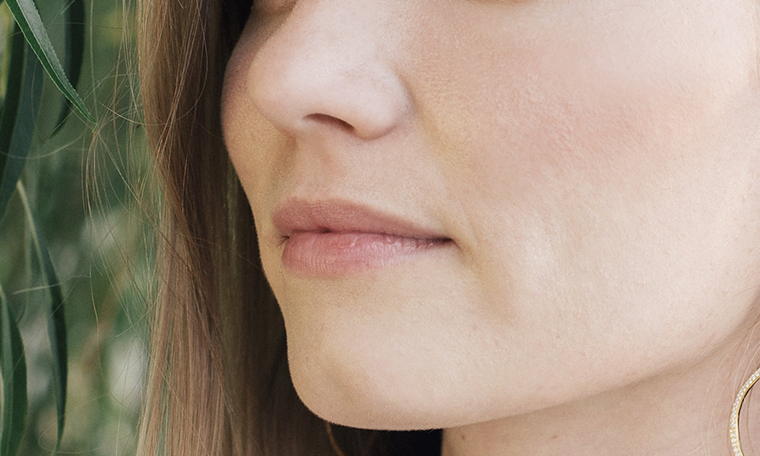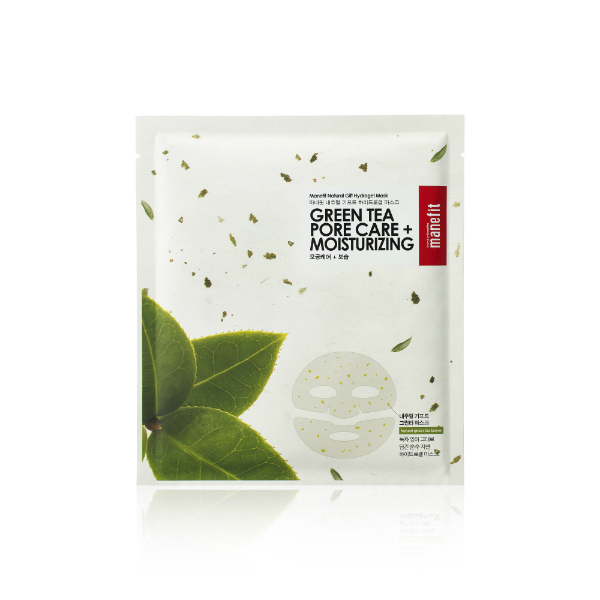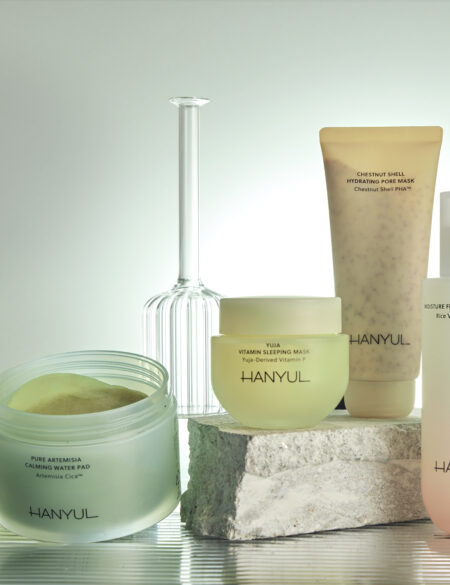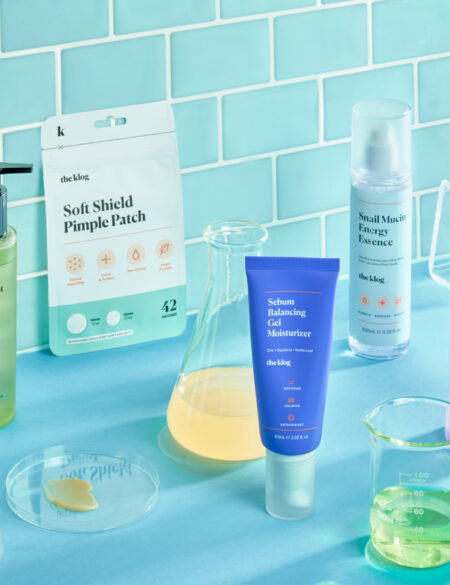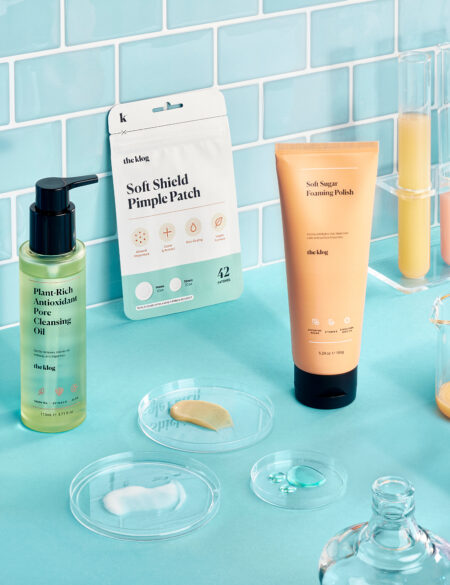Have you tried a sulfur acne treatment? If not, what are you waiting for? Since it’s really easy to become overwhelmed when searching for a new product, Ingredient Spotlight is here to break down the basics. Here we’ll teach you how an ingredient works and leave you with product recommendations to help you with your search.
You’ve probably heard of salicylic acid or benzoyl peroxide being excellent acne fighters, but have you heard of sulfur? Yes, that sulfur. The one whose smell is reminiscent of rotten eggs. But don’t let its smell turn you off; this acne treatment goes as far back as the ancient Romans who bathed in it to treat blemishes.
It should be no surprise then that we’ve seen a surge in products containing sulfur to fight acne and keep it at bay. If this ingredient has piqued your curiosity, then you’re in luck because we’re going to break down how it functions and where to place it in your routine.
How it works:
Sulfur is a naturally occurring amino rich mineral that can be found in high concentrations around hot springs and volcanic regions. This mineral is also present in our bodies. Our hair, skin and nails contain high concentrations of the ingredient since they contain keratin, which is rich in sulfur compounds. “Sulfur has both antimicrobial and anti-inflammatory properties, making it useful in skin care,” says Joshua Zeichner, the director of cosmetic and clinical research at Mount Sinai Hospital in New York City “It can help reduce levels of acne causing bacteria on the skin, which explains its effect in treating acne.”
What makes sulfur so special is that it combines the benefits of other major acne fighters like benzoyl peroxide and salicylic acid into one singular product. Benzoyl peroxide helps kill acne by inhibiting the growth of acne-causing bacteria and salicylic acid works by deep cleaning pores. Sulfur does both because it’s an effective antibacterial agent that also helps to slough off dead skin cells. This is all thanks to its keratolytic activity. This essentially means that when sebum and acne block your pores and the skin cannot properly shed the excess dead skin cells, sulfur helps by regulating that process through the breaking down of the keratin.
Plus, it’s a more gentle alternative to benzoyl peroxide and salicylic acid so those with more sensitive skin will want to give it a try. “It’s non-irritating, making it useful even in people with extremely sensitive skin,” says Zeichner. “Sulfur can be combined with products that contain benzoyl peroxide and salicylic acid for optimal results in treating acne.”
Where to place it in your routine:
You can use sulfur in a variety of ways—from masks and cleansers to spot treatments and even moisturizers. Given its versatility, it’s really dependent on your personal preferences where you would like to use it in your routine. For those trying out this ingredient for the first time, I’d suggest starting out with a spot treatment so you can ascertain whether or not your skin will react negatively to it. Much like any skin care ingredient, not everyone’s skin will agree with sulfur, so if you experience any redness and irritation make sure to discontinue use.
To spot treat, you can reach for the Etude House AC Clean Up Pink Powder Spot. This pink-hued product might look cute but it contains an effective acne fighting trio of salicylic acid, sulfur, and tea tree oil to really combat the blemish at its source. It does this by destroying the acne-causing bacteria all while helping to reduce redness and inflammation. This product is great for everyday use but remember not to shake it! Just take a Q-tip and dip into the pink substance at the bottom and spot treat away.
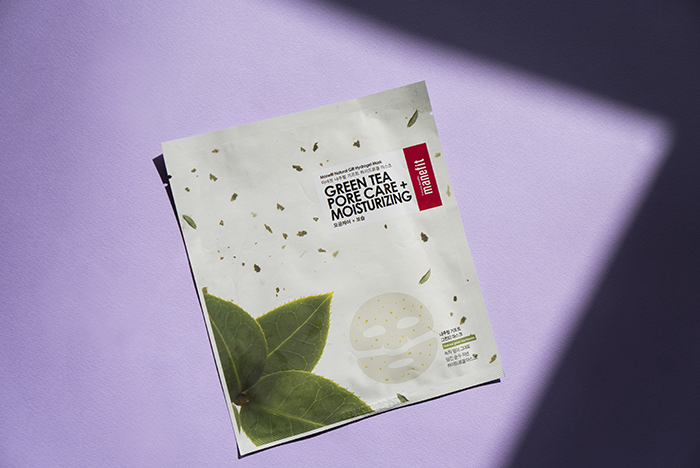
If you want a more intense treatment, masks are the way to go because they usually contain higher concentrations of sulfur. Case in point: the Sidmool AC Bye Sulfur Pack, which contains 10% sulfur, plus 5% AHA to really deep clean and refine the pores. This mask is perfect if your skin is going through a rough patch since it will help give it the treatment it needs to calm the acne breakouts and get rid of them for good. The addition of squalene, propolis, and sodium hyaluronate will also help to soothe and moisture the skin.
This mask does contain kaolin clay though, so for those with dry skin, I suggest following up with a super hydrating mask, like the Manefit Natural Gift Green Tea Pore Care Sheet Mask. The green tea will help to further clarify your pores while imparting intense moisture.
Bottom line:
Sulfur is a excellent acne-fighting ingredient that is worth adding into your routine if you tend to breakout on a regular basis. Since it combines the power of other acne treatments like benzoyl peroxide and salicylic acid into one, gentler formula, even those with sensitive skin should give it a try.


